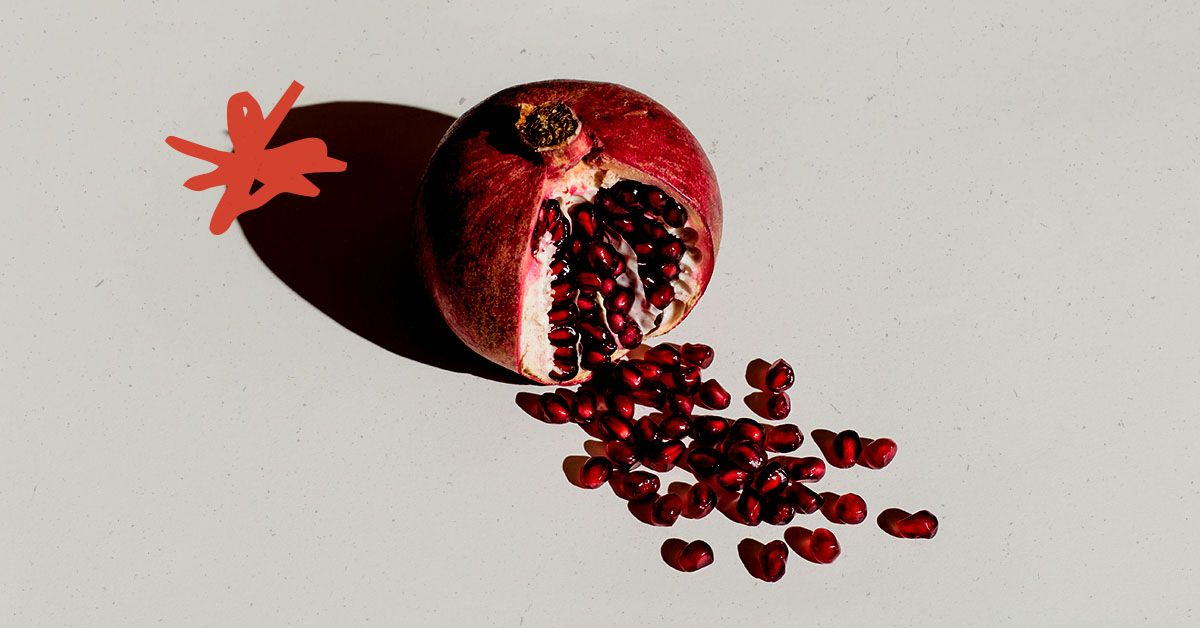Enhancing brain health and potentially treating Alzheimer’s disease through natural compounds is gaining attention in the medical field. Urolithin A, a compound produced by gut bacteria when processing certain polyphenols found in foods like pomegranates, has shown promise in supporting memory, cognitive function, and reducing inflammation in the brain. A recent study conducted in mice suggests that urolithin A may have therapeutic properties in treating Alzheimer’s disease. Experts recommend increasing the body’s production of urolithin A through diet rather than supplementation.
Alzheimer’s disease is a degenerative brain disorder that primarily affects individuals over the age of 65 and is the leading cause of dementia in older adults. Studies indicate that diets rich in antioxidants, vitamins, minerals, omega-3s, and low in inflammatory fats and sugars, such as the Mediterranean and MIND diets, may protect against Alzheimer’s disease. Given the association of Alzheimer’s with oxidative stress, increasing antioxidant intake may be beneficial in mitigating disease effects. The study published in Alzheimer’s & Dementia explores the potential benefits of urolithin A in supporting brain health and potentially preventing or treating Alzheimer’s disease.
The research conducted by the University of Copenhagen in Denmark focused on the long-term effects of urolithin A treatment in three mouse models of Alzheimer’s disease. After five months of treatment, improvements were observed in memory, protein build-up, cell waste processing, DNA damage, and brain inflammation markers. Urolithin A was found to reduce the excessive activity of microglia in the brain, decrease levels of amyloid beta protein and inflammation associated with Alzheimer’s disease, and promote mitophagy, the cleaning out of damaged mitochondria.
While the study results show promise, experts emphasize the need for further research, particularly in human clinical trials, to validate the efficacy and safety of urolithin A in Alzheimer’s treatment. Challenges in determining optimal dosage and potential risks associated with long-term supplement use require thorough investigation. Additionally, the impact of individual factors like diet, gut microbiota, and absorption of urolithin A from natural food sources need to be considered in future studies.
Promoting the body’s production of urolithin A through dietary sources like pomegranates, which are rich in polyphenolic compounds that can be converted to urolithin A, may be a natural and safe approach to supporting brain health. However, the bioavailability and effectiveness of urolithin A from foods may vary based on individual differences in gut microbiota. Ensuring a diverse and robust gut microbiota is crucial for optimal digestion and absorption of nutrients and polyphenols that support brain health. While the study was conducted in mice and cannot be directly applied to humans, it highlights the importance of diet in supporting brain health and potentially preventing neurodegenerative diseases like Alzheimer’s.










